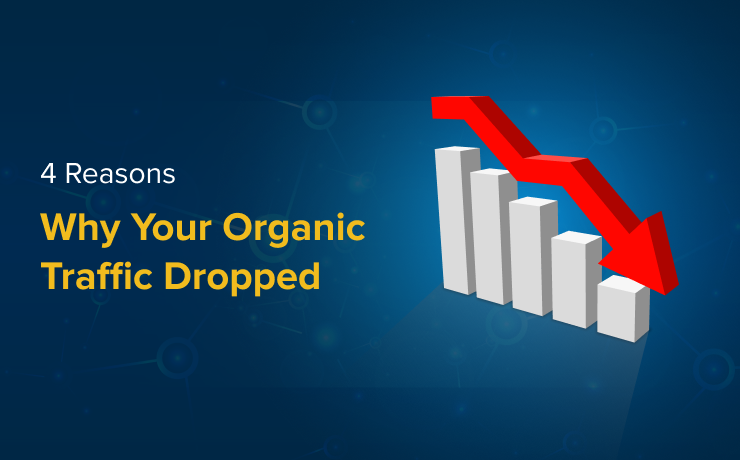Is Keyword Density Still Relevant For SEO Rankings?

Chad Faith
Director of Content

Keyword density for SEO has long been a topic of debate among marketers and content creators. In the early days of search engine optimization, the number of times a keyword appeared on a page directly influenced rankings.
Over time, Google and other search engines refined their algorithms to prioritize content quality, relevance, and user experience over strict keyword frequency. Today, understanding the role of keyword density helps marketers balance optimization with meaningful, engaging content.
Understanding Keyword Density in SEO
Keyword density measures how often a particular keyword appears in a piece of content relative to the total word count, typically expressed as a percentage. For example, if a 1,000-word article mentions a keyword 20 times, its density is 2%.
In the past, SEO strategies often focused heavily on repeating keywords to rank higher. Many websites engage in keyword stuffing, inserting terms unnaturally to manipulate search results.
While this technique might have temporarily improved rankings, it often harmed the user experience. Pages that read poorly or seemed repetitive led to higher bounce rates and lower engagement, which eventually prompted search engines to refine their ranking factors.
Current Relevance of Keyword Density for SEO
Modern algorithms focus on context, intent, and overall quality rather than strict keyword repetition. Google’s AI and E-E-A-T guidelines reward content that demonstrates experience, expertise, authoritativeness, and trustworthiness. Keyword density in SEO still provides signals to search engines, but it does not guarantee higher rankings on its own.
Content that naturally integrates keywords while addressing user intent performs better than pages overloaded with terms. Factors such as readability, content depth, and semantic relevance now carry more weight in search results. Keyword density should guide optimization without overshadowing content quality.
Best Practices for Modern SEO
Effective content uses keywords naturally in headings, paragraphs, and meta tags. Using variations and related terms through semantic SEO helps search engines understand context without repeated phrases. Internal linking to related pages strengthens site structure and enhances user experience, which can indirectly support higher rankings.
Keyword strategies work best when paired with broader digital marketing efforts. Search engine optimization makes sure content is discoverable and relevant. Social media marketing amplifies reach and engagement, providing signals that search engines value. Pay-per-click campaigns complement organic efforts by targeting actively searching users, boosting visibility while content establishes authority.
The goal today is to create content that meets reader needs while subtly incorporating target keywords. Prioritizing clarity, relevance, and usability produces stronger long-term results than focusing solely on keyword frequency.
Keyword Density in Today’s Digital Landscape
Keyword density in SEO is no longer a primary ranking factor but remains a useful guide for content relevance. Balanced keyword use helps search engines understand page topics, yet user-focused content, readability, and trustworthiness remain more influential. High-quality, informative content encourages engagement and improves rankings more effectively than repetitive keyword placement.
At SmartSites, we help businesses succeed by integrating modern SEO practices with strategic digital marketing. Combining search engine optimization, social media marketing, and pay-per-click campaigns with smart content strategies, we deliver measurable growth and lasting impact.
Start improving your content strategy today with SmartSites and see how proper optimization can boost your visibility and engagement.
 Free
Consultation
Free
Consultation Free
Google Ads Audit
Free
Google Ads Audit







